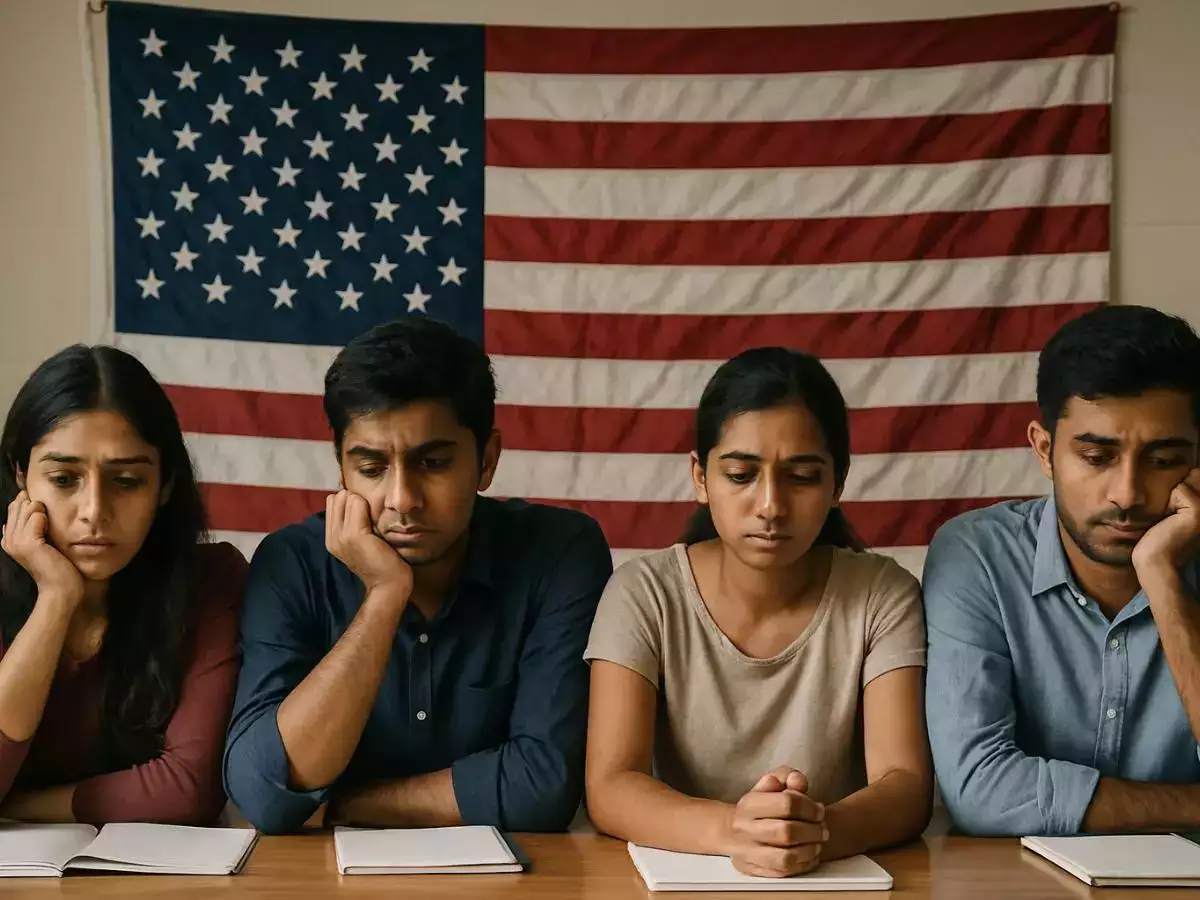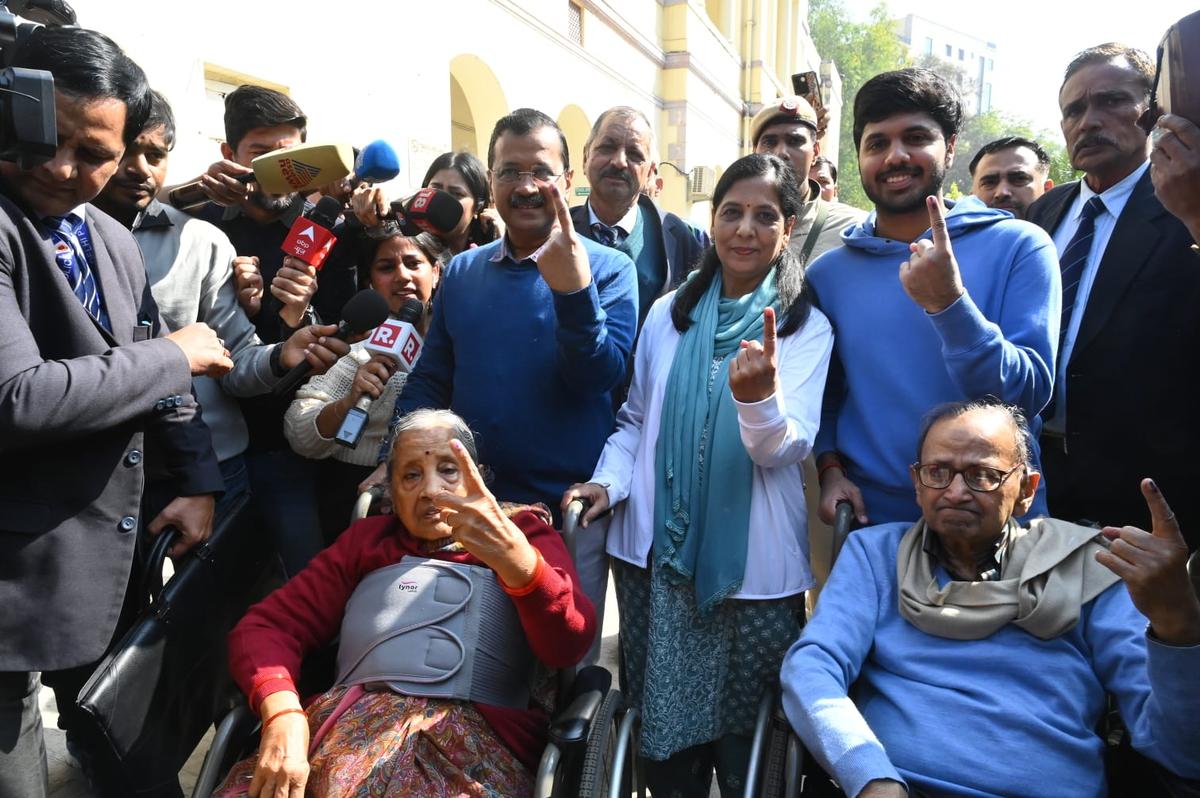HYDERABAD: After targeting international students over alleged campus activism, U.S. immigration authorities are now revoking visas of students with minor criminal records — including traffic violations — sparking concern among Indian students.
Over the past few days, dozens of Indian students across U.S. universities have received emails from their designated school officials (DSOs) notifying them that their F-1 visas have been revoked and instructing them to leave the country immediately. The reasons cited in these emails range from traffic offenses and shoplifting to incidents of driving under the influence.
The Times of India had earlier reported on March 30 that hundreds of students were being asked to self-deport due to alleged involvement in campus activism. Immigration attorneys also noted that even sharing a social media post had triggered SEVIS terminations in some cases.
One such email, reviewed by TOI, stated:
“The termination of your SEVIS (Student and Exchange Visitor Information System) record means you no longer have valid F-1 non-immigrant status. Your Form I-20 and Employment Authorization Document (EAD) are invalid. You may need to make plans for immediate departure if you are in the U.S.”
Affected students are enrolled in universities across Missouri, Texas, and Nebraska. TOI spoke with at least five such students in the past two weeks.
Though U.S. law allows visa revocation for such offenses, immigration attorneys say it is highly unusual to see deportation proceedings initiated for petty misdemeanors. “Revoking SEVIS for cases like speeding, minor traffic violations, or even first-time shoplifting is extremely rare,” said Chand Paravathneni, a Texas-based immigration lawyer representing about 30 Indian students facing similar situations. “In most instances, these cases are resolved by fulfilling certain legal requirements.”
Students say the offenses in question are months or even years old — and that legal procedures had already been completed.
“I was fined for driving 80 mph in a 70 mph zone two years ago in New York,” said one student currently living in Omaha, Nebraska, on an OPT visa. “I paid the fine and completed all formalities. It’s shocking that I’m now being asked to leave the country.”
Another student from Missouri, who was arrested for driving after drinking, shared that he has complied with all court requirements, including installing an ignition interlock device and undergoing regular testing.
A third student from Austin, Texas, said he was arrested for shoplifting in July 2023 but the case was dismissed due to good academic standing and because it was a first offense. “I completed all legal steps. Why am I being punished again for something that’s already closed?” he asked.
Ravi Lothumalla, founder of U.S.-based consultancy US Admissions, said such offenses — though considered serious in the U.S. — are not uncommon among students. “This is the first time we’re seeing SEVIS revoked for minor offenses that have already been legally resolved. Students need to consult immigration attorneys immediately, as some may still be able to appeal or reverse the decision.”




